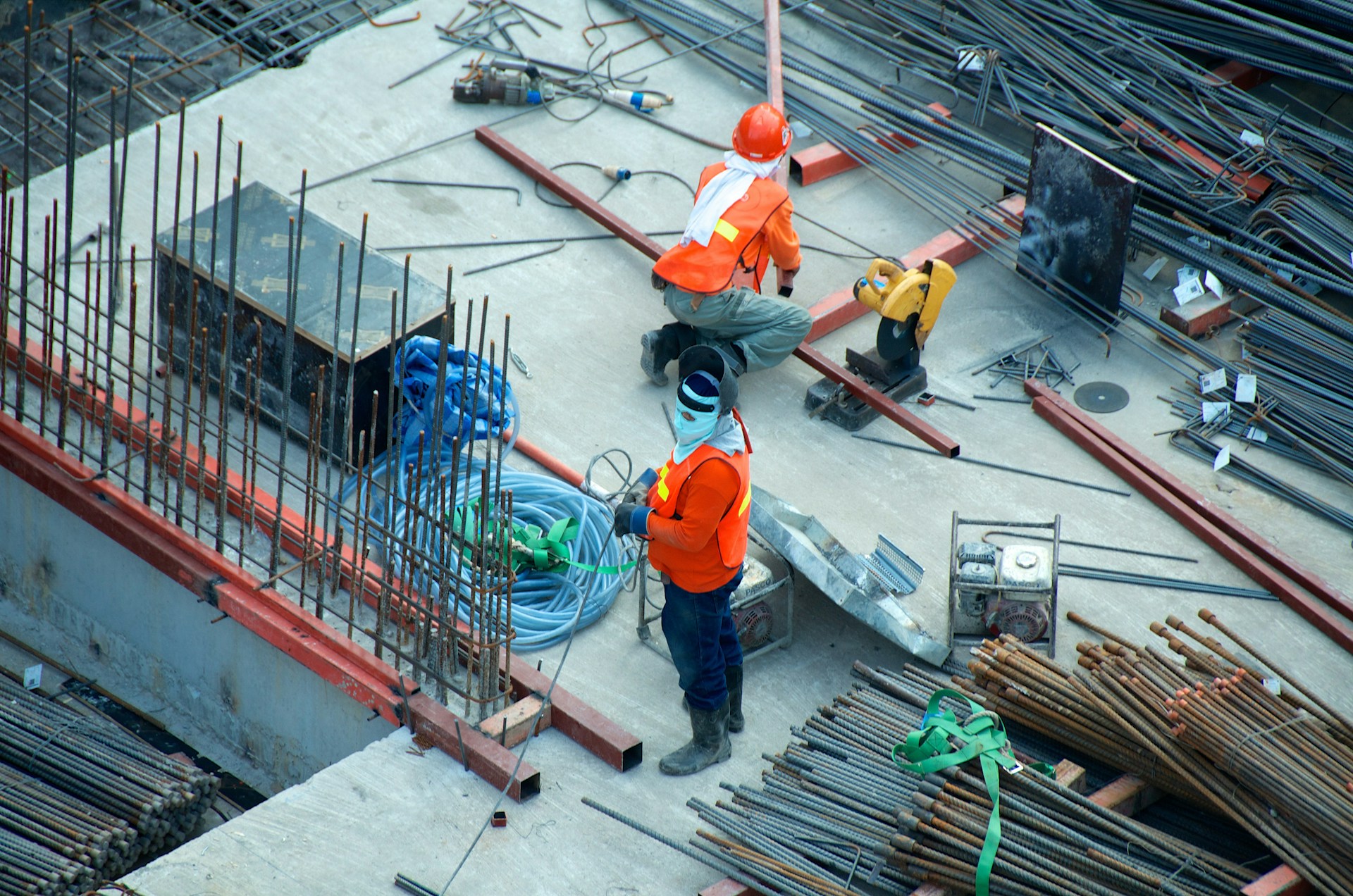Keeping our roads efficient and functional is crucial for reducing congestion and boosting local economies. The EPC design-build approach has emerged as a powerful method for managing busy road projects effectively. It combines the engineering, procurement, and construction stages into one seamless process.
This approach simplifies road construction by ensuring all steps are coordinated efficiently. It brings together teams from the outset, providing better results and fewer delays. With EPC design-build, stakeholders can expect road projects to be completed on time and within budget.
Applying EPC design-build specifically to busy roads offers unique advantages. It helps manage the complexities of roadwork in active areas while reducing disruption for drivers and businesses. By streamlining the process, this approach paves the way for smoother road operations and happier commuters.
Understanding EPC Design-Build for Road Projects
EPC design-build is a comprehensive construction method that integrates three key phases: engineering, procurement, and construction. Unlike traditional project delivery methods that separate these phases, EPC combines them into a single, streamlined process. This setup allows teams to work simultaneously, reducing delays and enhancing collaboration from the project’s start to finish.
In road construction, EPC design-build brings significant benefits. Engineering encompasses the design and planning of the road, ensuring it meets all technical requirements and safety standards. Procurement involves sourcing the necessary materials and equipment, while construction focuses on building the road according to the engineered plans.
This approach is particularly suitable for busy roads because it minimizes the time needed for project completion. By coordinating all phases under one contract, EPC design-build ensures efficient workflows and reduces possible delays caused by miscommunication. For busy roads where time is of the essence, this method keeps disruptions to a minimum, allowing traffic to return to normal more quickly. Thus, EPC design-build not only enhances planning and execution but also supports the smooth continuation of daily road activities.
Advantages of EPC Design-Build in Road Construction
EPC design-build offers several advantages that make it a preferred choice for road construction projects, especially where maintaining efficiency is crucial.
1. Time Efficiency: By integrating all phases into one process, EPC design-build reduces overall project timelines. Faster completion means less disruption for road users.
2. Cost Savings: Combining procurement with construction allows for better budget management. Bulk purchasing and swift execution help cut costs without compromising quality.
3. Improved Quality: Continuous collaboration within EPC teams means fewer errors. The construction phase benefits from ongoing input from engineers and procurement specialists, leading to higher standards.
These benefits directly impact road projects. Faster timelines mean less inconvenience for the public, and reduced costs can make funding new projects more feasible. Quality improvements lead to more durable roads that require fewer repairs, saving money and minimizing future disruptions. By choosing EPC design-build, constructors can deliver projects that are not only efficient and cost-effective but also enhance the driving experience for road users.
Minimizing Disruption on Busy Roads
Managing road construction on busy streets requires careful planning to keep traffic flowing smoothly. The EPC design-build approach incorporates several strategies to minimize disruptions during construction.
Coordination Efforts: Early and frequent communication between engineers, contractors, and local authorities ensures everyone is on the same page. This unified effort helps plan construction to avoid peak traffic, scheduling work during off-peak hours or at night when possible.
Phased Construction: Breaking down a project into smaller, manageable phases can significantly reduce disruption. Phased construction allows parts of the road to remain open while work is completed in sections, maintaining some traffic flow.
Use of Technology: Real-time traffic monitoring and smart signage can help direct drivers away from congested areas. Integrating GPS updates and public announcements keeps drivers informed, helping them plan alternative routes.
By implementing these strategies, the EPC design-build process not only reduces traffic delays but also enhances safety for both construction workers and road users. The process ensures that busy roads can handle projects with minimal inconvenience, making life easier for everyone involved.
Sustainable Practices in EPC Road Projects
Sustainability is becoming a cornerstone of modern road projects, and EPC design-build offers excellent opportunities to integrate environmentally friendly practices.
Eco-Friendly Materials: Using recycled materials and sustainable resources helps reduce the environmental footprint. This can include recycled asphalt, rubberized pavement, or even permeable concrete that aids water drainage.
Energy-Efficient Methods: Incorporating renewable energy sources and efficient construction equipment minimizes energy use. Solar-powered lighting and equipment that meets high energy standards are examples of how innovative practices can support sustainability.
The integration of these sustainable practices benefits road infrastructure by making it more resilient to environmental changes. It lowers long-term maintenance needs and costs, making roads more durable and environmentally sensitive. These practices demonstrate a commitment to not just efficient construction but also responsible and forward-thinking infrastructure development.
Conclusion
The EPC design-build approach is transformative for road construction, especially in busy areas. It combines speed, cost efficiency, and quality while minimizing disruption. By actively managing each phase, EPC design-build aligns every aspect of the project, streamlining operations and ensuring projects stay on schedule. Furthermore, including sustainable practices in design and execution paves the way for greener and more resilient infrastructures that are fit for the future.
Reach out to Industra Construction Corp. today to explore how EPC design-build can enhance your road projects, ensuring they’re executed efficiently and sustainably. Our team of EPC contractors is ready to help you build roads that meet today’s demands while preparing for tomorrow’s challenges.

















